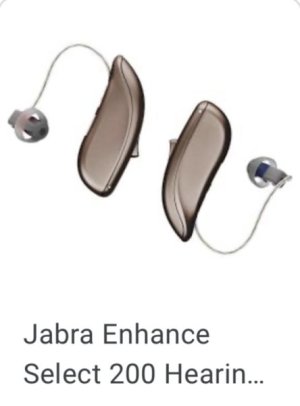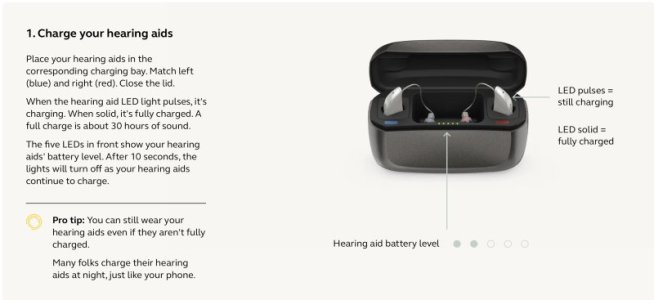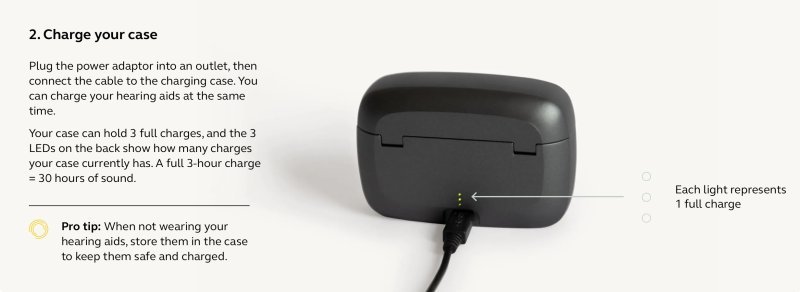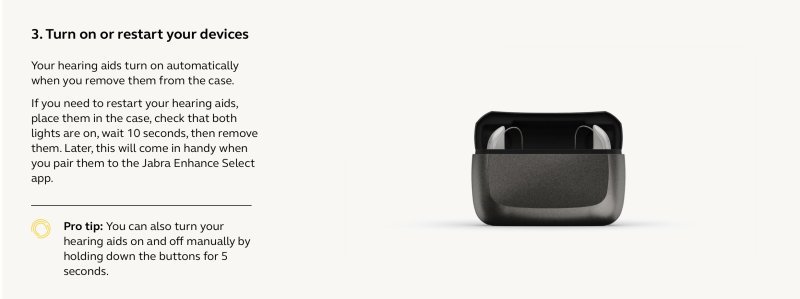One important question to ask the person fitting them before buying these, IMO, is--Are you an audiologist or a hearing specialist? Also ask where they got their degrees if they say they're an audiologist. Then, check the schools' reputations to determine how well-regarded their training programs are.
State laws vary as to which you're likely to encounter in OTC or retail hearing aid salescenters like Beltone vs. ENT clinic audiology departments. I strongly advise finding out what your state's laws are.
I learned that in Missouri the people working in retail hearing aid centers are typically hearing specialists, not actual audiologists. A Missouri hearing specialist needs only a year of training in administering and interpreting hearing tests and advising what type of hearing aid will be suitable. They get marginal training in other important concerns such as precision adjusting and potential medical issues.
An audiologist must have a doctorate degree in audiology which means they've earned a bachelor's degree in a related field (generally 4 years), a master's degree (another 1-2 years) and finally the doctorate (another year or more). Their training is consequently far more thorough and demanding.
Interestingly, my hearing aids fitted by an audiologist were almost $1000 cheaper than the similar ones recommended by the hearing specialist I first consulted for comparison.
The hearing specialist dodged a number of my questions about why she recommended the particular type she did and didn't appear to know why other aid styles wouldn't work for my needs, just insisted they wouldn't. (Price, maybe?) On the other hand, the audiologist explained precisely why an in-the-ear type wasn't advisable for me based upon my test results and her having asked extensive questions like what I noticed were issues for me, what social situations I was involved in, whether I played or listened often to music, did I do sports indoors or out--specific lifestyle questions. She also asked about any allergies or other health concerns I had that might affect my hearing such as sinus congestion.
Basically, a hearing specialist is a salesperson while an audiologist is a healthcare professional. That's a significant difference, IMO. Knowing which you're getting could be vitally important.








